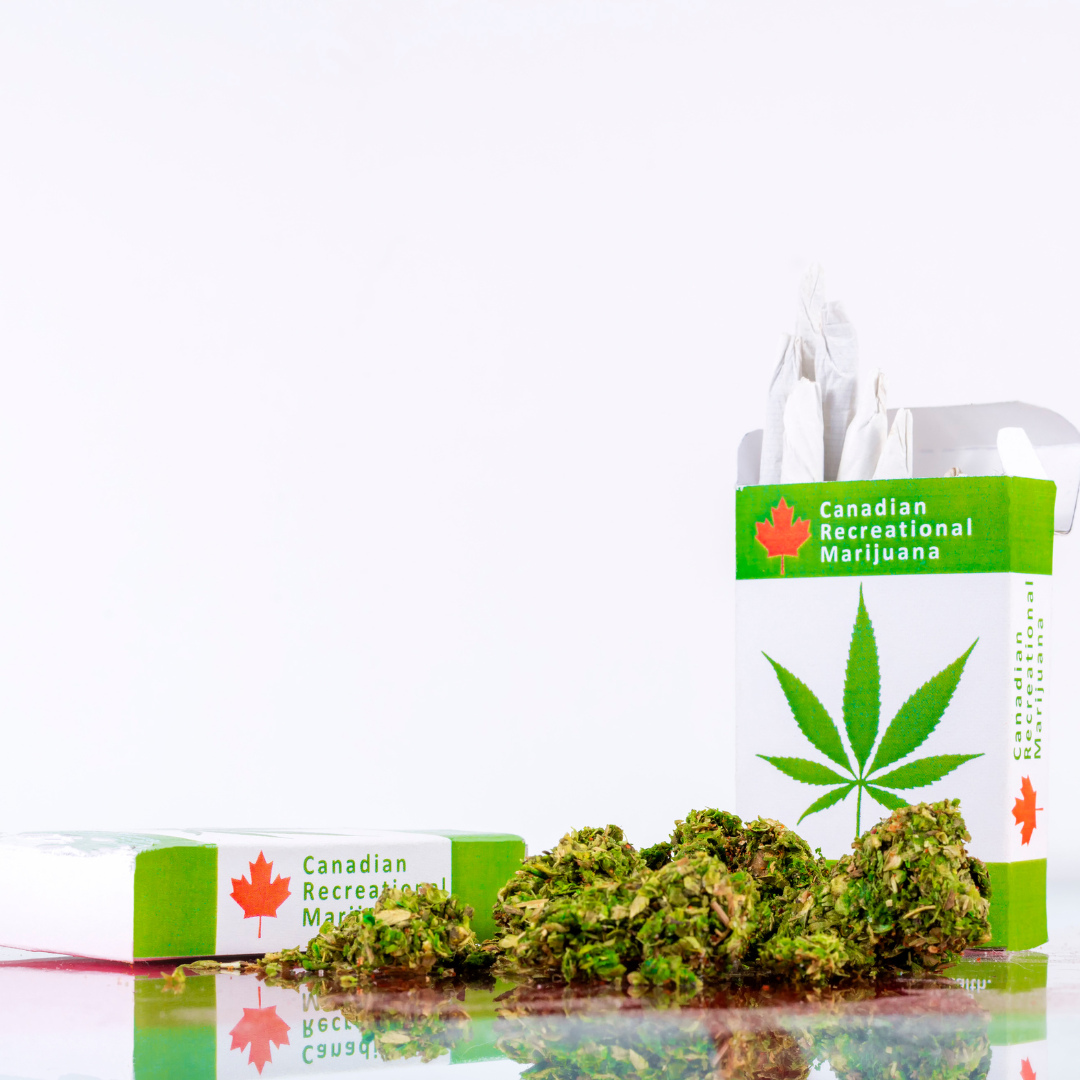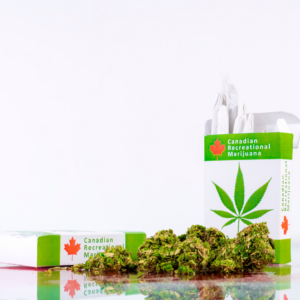Introduction:
On possible changes to the Cannabis Regulations regarding licensing, security measures, manufacturing, packaging, and labelling specifications, as well as record-keeping for licence holders, Health Canada is looking for input.
The Canadian Cannabis Regulations may be amended to simplify and clarify current requirements, get rid of inefficiencies, and lessen administrative and regulatory burdens, according to a 60-day notice of intent published on Friday, March 24 by the federal health agency in charge of the cannabis issue.
The notice also makes clear that this plan is distinct from the Cannabis Act’s ongoing legislative review, which is primarily concerned with societal effects rather than regulatory considerations. The announcement has received a positive response from the businesses thus far.
The government is asking for input from stakeholders in the industry on five key topics until May 24, 2023, but they also welcome feedback on regulatory actions “that may be duplicative, redundant, or particularly onerous, and where there are opportunities to promote efficiencies” that do not jeopardise public health and safety.
Cannabis Licensing in Canada
- Are there any cannabis-related activities that are not presently permitted under the current licences that could be? Which activities, which cannabis classes, and which licence classes and subclasses? How would such adjustments improve efficiencies or streamline the regulations?
- Are there any cannabis-related activities that businesses should be able to conduct without the need for a licence or permit, such as the possession of small quantities of legal cannabis for lab research? What precise actions and for which cannabis subcategories? What steps—including legal requirements—should be taken to reduce the dangers to public health and safety?
- What steps could be done to ease the burden on licenced cannabis processors & Quality Assurance Person and increase their flexibility?
2. Production requirements for cannabis products
- Should Health Canada consider any regulation requirements from other pertinent control frameworks, such as those for food, vaping products, or cosmetics? If not, why not? which weed subclasses?
- For licenced processors who are restricted in the cannabis-related activities they are permitted to carry out (for instance, only authorised to store cannabis products), are there particular production requirements that could be changed or eliminated? What conditions, and which requirements?
- Should the restrictions on the overall number of intoxicating cannabinoids present in a cannabis product be the same as those on the maximum amount of delta-9-THC contained in the product (by container and ingestible unit)? If not, why not? How could such a requirement be created in a straightforward and effective way for compliance?
Cannabis Regulations Regulatory Regime:
- The Cannabis Regulations also set very stringent guidelines for cannabis products, such as restrictions on the amount of chemicals and microbes present and forbidden ingredients.
- As compared to other regulatory regimes, such as those for medical devices or cosmetics, Health Canada claims that some of these product requirements are too stringent.
- Health Canada is also thinking about making regulatory adjustments to some product requirements that would relieve the business of some unnecessary burdens while still upholding public health and safety.
- A micro-cultivation or micro-processing licence holder may benefit from changes to the existing production requirements if they exist.
3. Packaging and labelling requirements for cannabis products
- Should Health Canada revise the rules governing how dried and fresh weed must be packaged?
- Exist any labelling standards that could be altered without having an adverse effect on public health or safety? What details are necessary to keep, and what details can be removed? If not, why not?
- Do you have any ideas on how to make it easier to include information about delta-9-THC and CBD levels on product labels?
- Should the overall amount of all intoxicating cannabinoids, such as delta-8-THC, be included in the requirement to disclose the content of delta-9-THC on product labels? If not, why not? How could a requirement of this nature be efficiently established and made easy to follow?
- Is there any other packaging or labelling legislation that Health Canada ought to consider before making a regulation change? What are the effects of these requirements on licence holders and consumers?
4. Personnel and physical security measures
The business community has long complained that some government requirements for physical security and personnel are overly burdensome and frequently unnecessary. Health Canada is looking for input on the elements of these standards that stakeholders think should be changed.
- Exist any personnel security criteria that could be altered without raising the possibility of cannabis diversion or inversion? What precise specifications, and for which licence classes and subclasses? If not, why not?
- Exist any physical security requirements that could be altered without endangering public safety, such as allowing outdoor cultivation to occur during the “off-season” without visible surveillance? What precise specifications, and for which licence classes and subclasses? If not, why not?
5. Record keeping and reporting for cannabis licence holders
The government regulator is also looking for comments on this matter:
- Are there any record-keeping or reporting requirements that micro-class licence holders could decrease without compromising the health and safety of the general public? If so, what specifications and why? What effects do these requirements currently have on those who possess micro-class licences?
- Should Health Canada eliminate the need to submit a marketing expenditure report? If not, why not?
- Should Health Canada get rid of the need to keep track of important investors? If not, why not?
- Do you have any ideas on how to make the rule that authorised processors notify Health Canada in advance of a new cannabis product more effective?
- Exist any additional regulations that could be changed regarding record-keeping and reporting?
How we can help?
At Cannabis License Experts, we provide you with the guidance to plan your cannabis business, acquire funding, navigate the legal requirements, and acquire the appropriate cannabis license for your operations. As the Canadian cannabis industry develops, the opportunities will continue to be vast for growth.
Cannabis License Experts offers support from day one of starting your cannabis business, including strategic planning, floor plan preparation, site audits, SOPs, Preventive Control Plans (PCPs), and more.
Our Edibles Compliance division can provide you with a solid plan for your edibles business to help get your products on store shelves.
Contact us today to discover how we can license and legalize your cannabis business to meet federal or provincial regulations.



